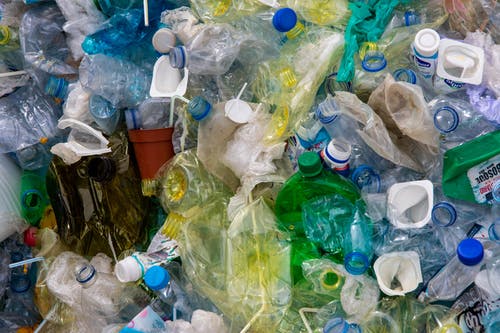It’s no surprise that the world has woken up to the disadvantages and negative impact of single-use plastics. More and more, we are seeing reports of the devastation that products like plastic straws and bags are causing to oceans and wildlife the world over, and South Africa is no exception. Single-use packaging has become deeply embedded in our daily lives. And it’s all but impossible to avoid. Product labeling can be confusing, or absent, leaving consumers unsure which materials, symbols, and logos represent options that are genuinely sustainable.
The most popular remedy to the ever-escalating single-use plastic problem, recycling is often touted as the environment’s saving grace. However, based on Tourism Tatler post on July 9, 2019, there are some real drawbacks to its efficacy, such as:
- Recyclable plastics are still not biodegradable, so when they do enter the environment they are virtually indestructible.
- In some country, a very good recycling rate lead to the worst offenders when it comes to marine pollution.
- Not all plastic is recyclable.
- There is a huge number of different plastic materials and blends, which make them even harder to recycle while creating confusion for consumers.
- Plastic also usually degrades in quality every time it is recycled and can usually only be recycled a couple of times before becoming waste.
- Many problematic plastics need to be controlled and even banned and have no place in a waste-free and circular economy.
- Recycling makes us think that it’s OK to use plastics because we can just recycle the products but this only takes half of the problem into consideration. Plastics are made from fossil fuels and the oil drilling and fracking required to extract them can also be terrible for the environment.
One of the most confusing materials on the market are oxo-degradable plastics. They are conventional non-biodegradable plastic materials which contain a pro-oxidative additive. While these materials claim to be recyclable, plastic recyclers are very concerned about the effects of the additives on recycling batches. This means they can only be sent to landfill.
Many companies, especially in the food and beverage industry, are turning to plant-based, renewable and compostable materials to reduce plastic pollution. These materials include paper, wood, bamboo, sugarcane and corn starch. Within this category are compostable bioplastic products which are designed to break down in composting conditions. But compostable products are not a silver bullet. They don’t always biodegrade well in marine or land environments and often need large-scale composting conditions to break down, which may not be available.
Read Original Article here...
Sources: Tourism Tatler (https://www.tourismtattler.com/)




